On Thursday, U.S. President Joe Biden strongly opposed the International Criminal Court's decision to issue arrest warrants for Israeli Prime Minister Benjamin Netanyahu and former Defense Minister Yoav Gallant. The warrants, issued on November 21, 2024, mark the first time in history that a sitting leader of a major Western ally has faced such charges from an international tribunal.
The Situation
The International Criminal Court issued the warrants citing "reasonable grounds" to believe that Netanyahu and Gallant committed war crimes and crimes against humanity during Israel's military campaign in Gaza. The campaign began in response to the Hamas attack on October 7, 2023, which triggered the ongoing conflict. In a parallel move that has done little to temper international reaction, the court also issued a warrant for Mohammed Deif, Hamas's military chief, on similar charges.
Biden's reaction was clear. "Whatever the ICC might imply, there is no equivalence—none—between Israel and Hamas," Biden declared, reinforcing America's unwavering support for Israel's right to defend itself against threats. The White House further strengthened this position by stating it "fundamentally rejects" the warrants, emphasizing that the ICC lacks jurisdiction since neither Israel nor the United States are members of the court.
The Fallout
The warrants have created a variety of diplomatic responses across the globe. Several European leaders have taken a notably different stance from the United States, indicating they would comply with their obligations to the ICC if Netanyahu or Gallant were to enter their territories. This position has created potential complications for Israeli leaders' international travel and diplomatic engagements.
Israeli officials have responded to the charges with strong opposition, dismissing them as politically motivated and "antisemitic." Netanyahu himself has drawn parallels between the ICC's actions and historical injustices faced by the Jewish people, further intensifying the diplomatic tension surrounding the warrants.
Moving Forward
The ICC's authority in this matter faces significant challenges. While the court is designed to prosecute individuals for war crimes, genocide, and crimes against humanity, its ability to enforce arrest warrants relies heavily on cooperation from member states. The fact that both Israel and the United States have historically rejected the court's jurisdiction creates substantial obstacles for any potential enforcement of these warrants.
The situation has also sparked serious discussions among U.S. lawmakers about potential sanctions against the ICC, reflecting a bipartisan sentiment of outrage over the court's actions against Israeli leaders.
Biden's strong condemnation signals continued U.S. backing for Israel despite mounting international scrutiny over its military operations in Gaza. It's by no means a surprise; Biden, on many occasions, has defended Netanyahu's actions and advocated for the continued US support of Israel.
The situation remains fluid, with potential implications for international diplomacy, legal precedent, and regional stability. As discussions among U.S. lawmakers about potential sanctions against the ICC continue, and with various nations taking different stances on the warrants' validity, the international community is now facing tough questions.



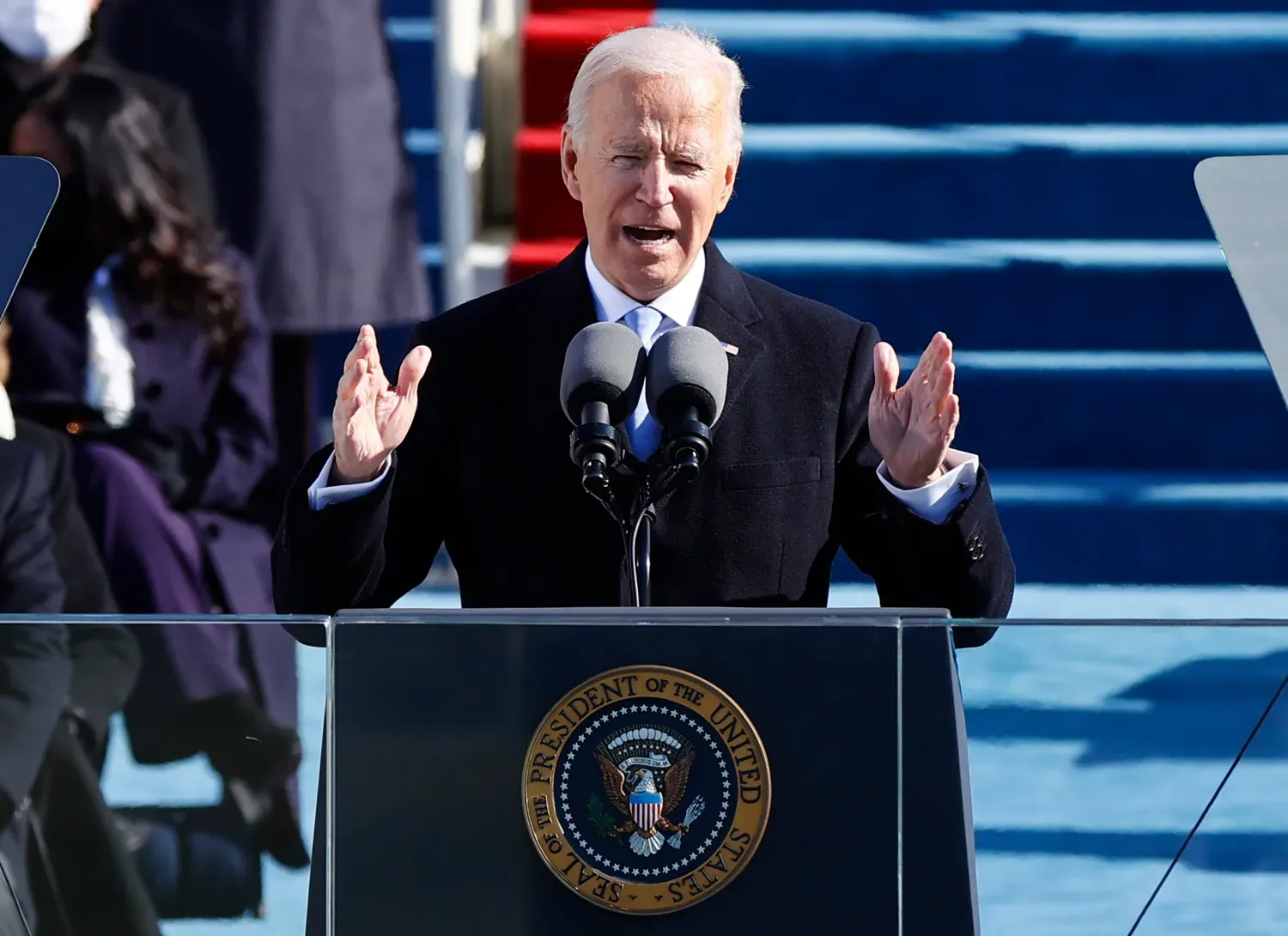
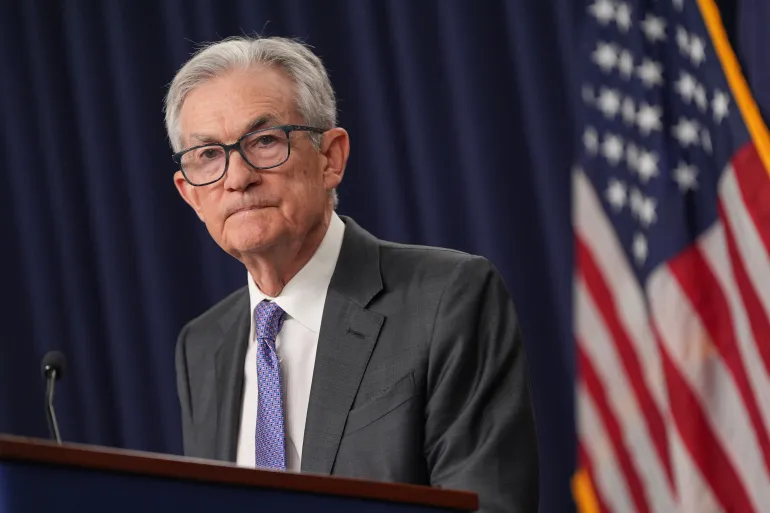

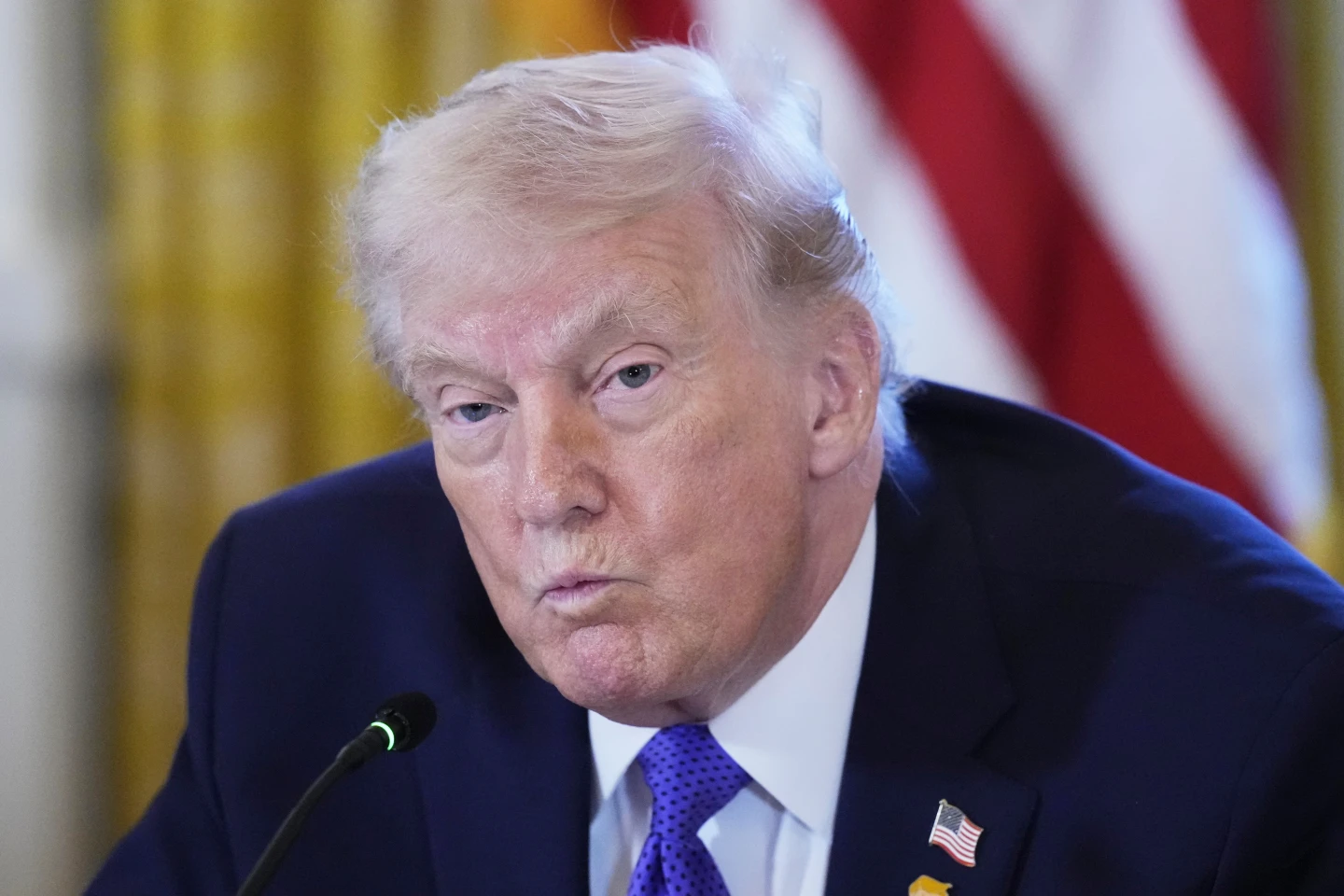
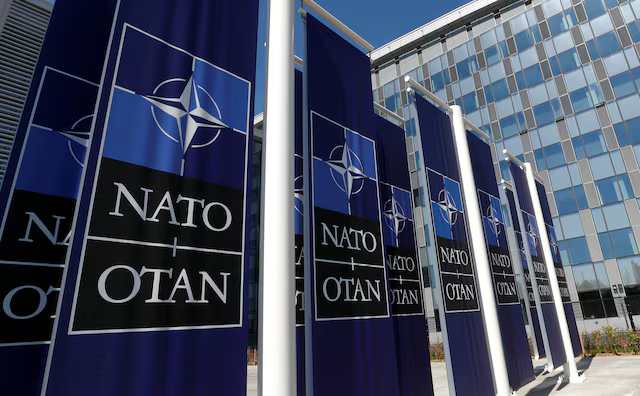
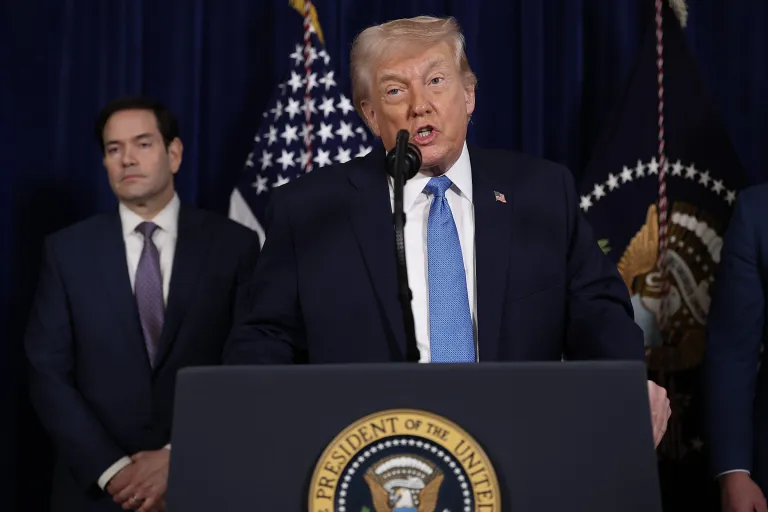
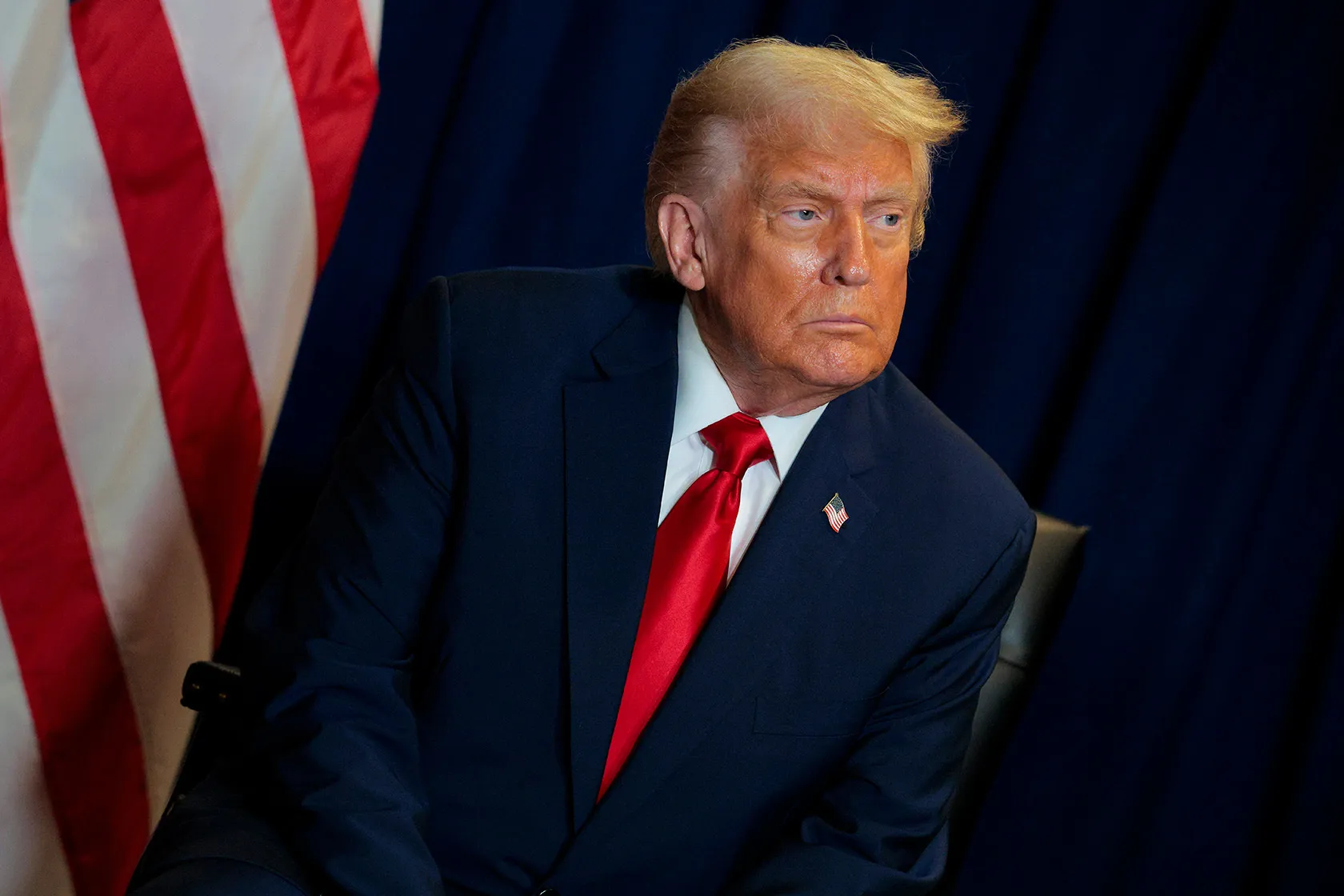



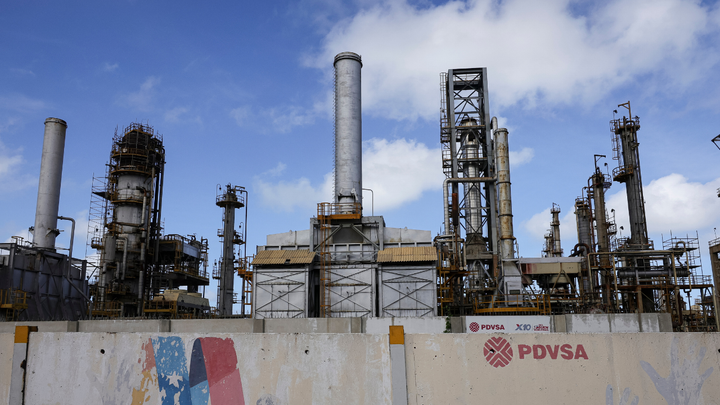
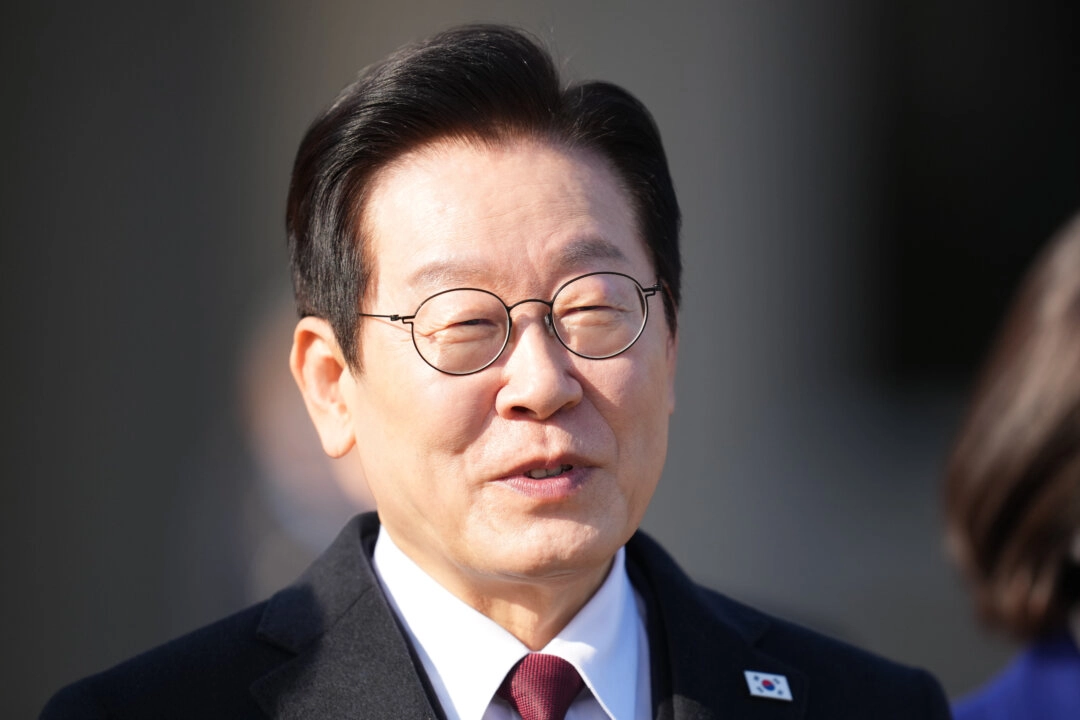
Discussion